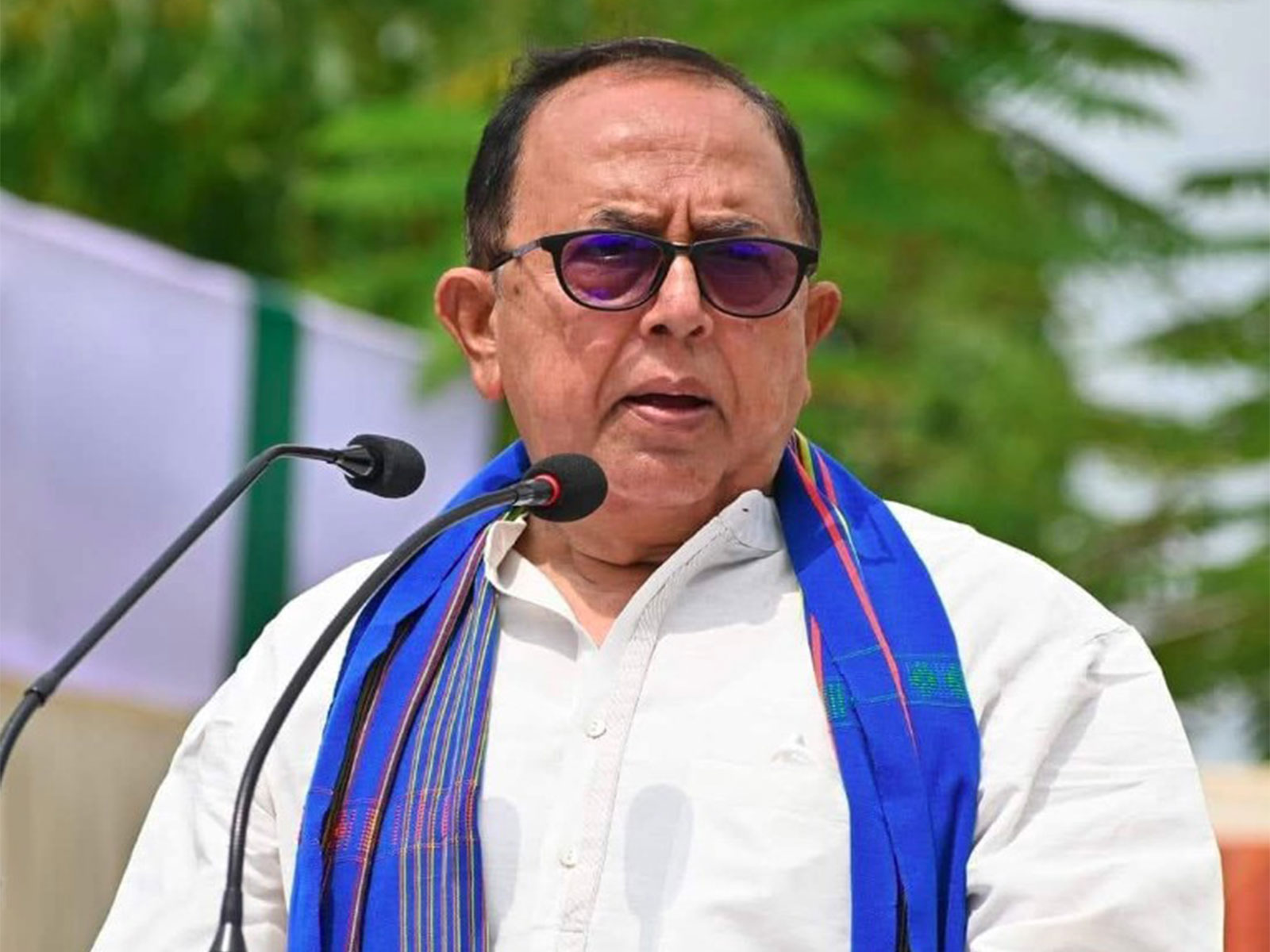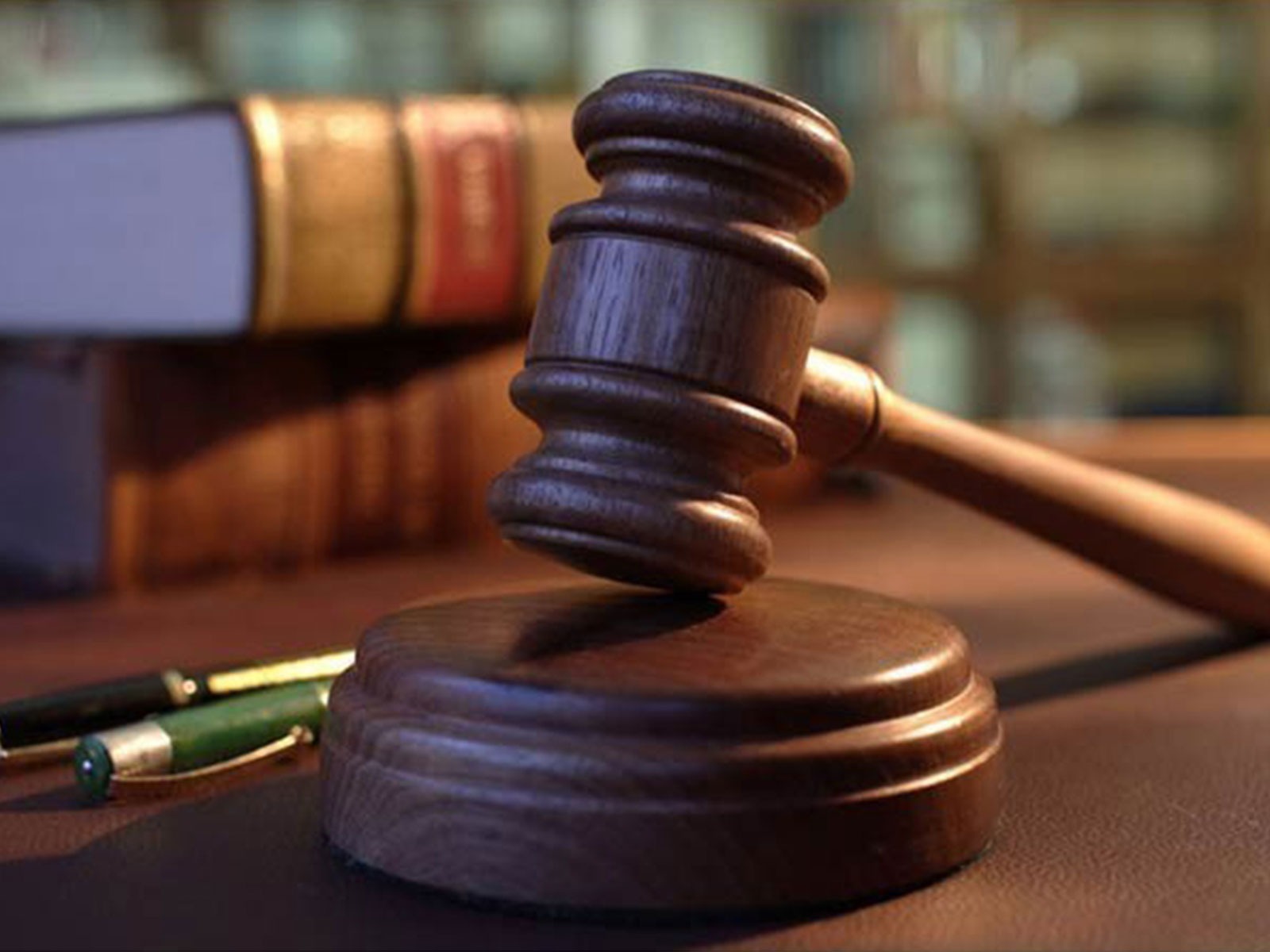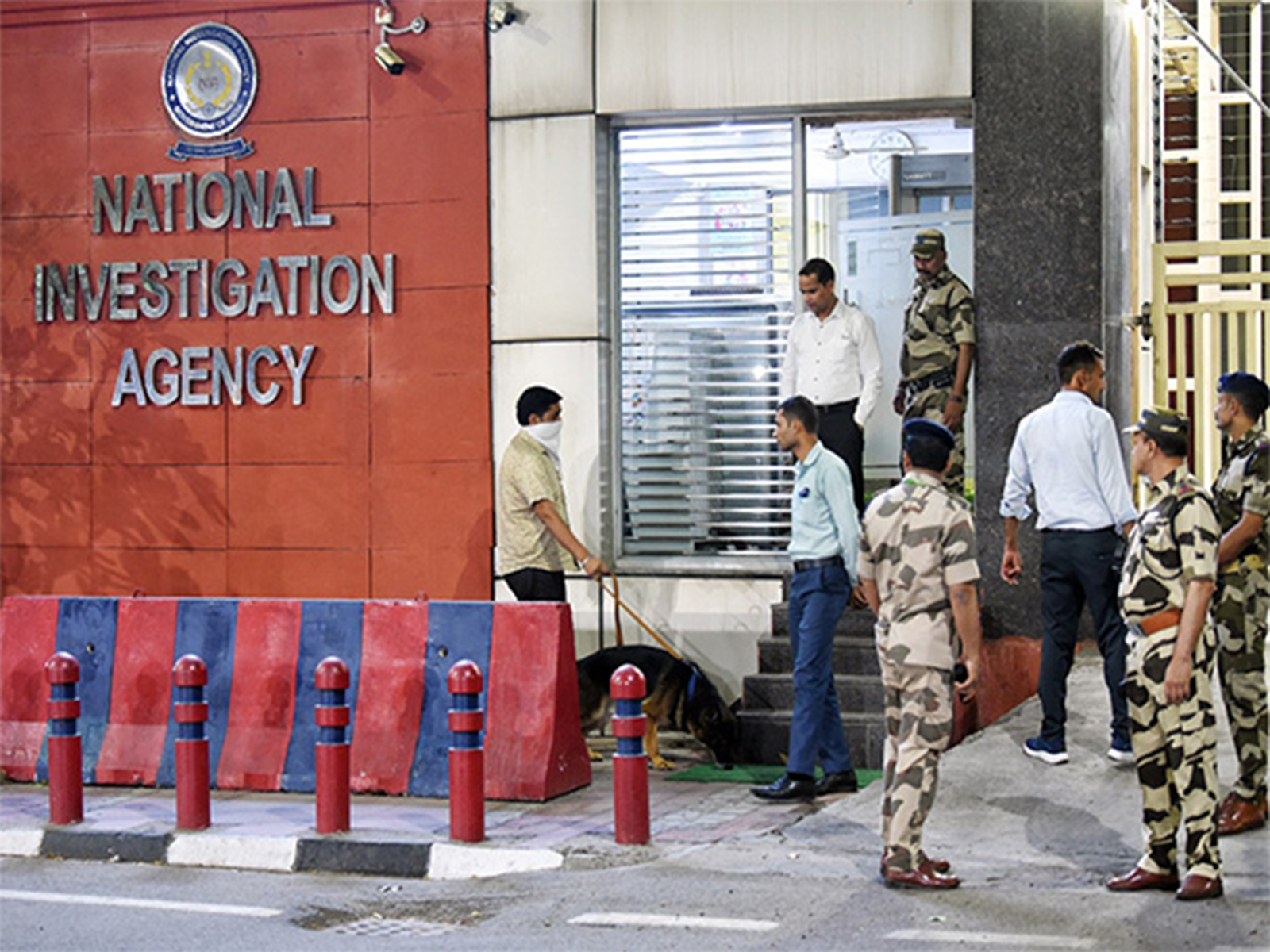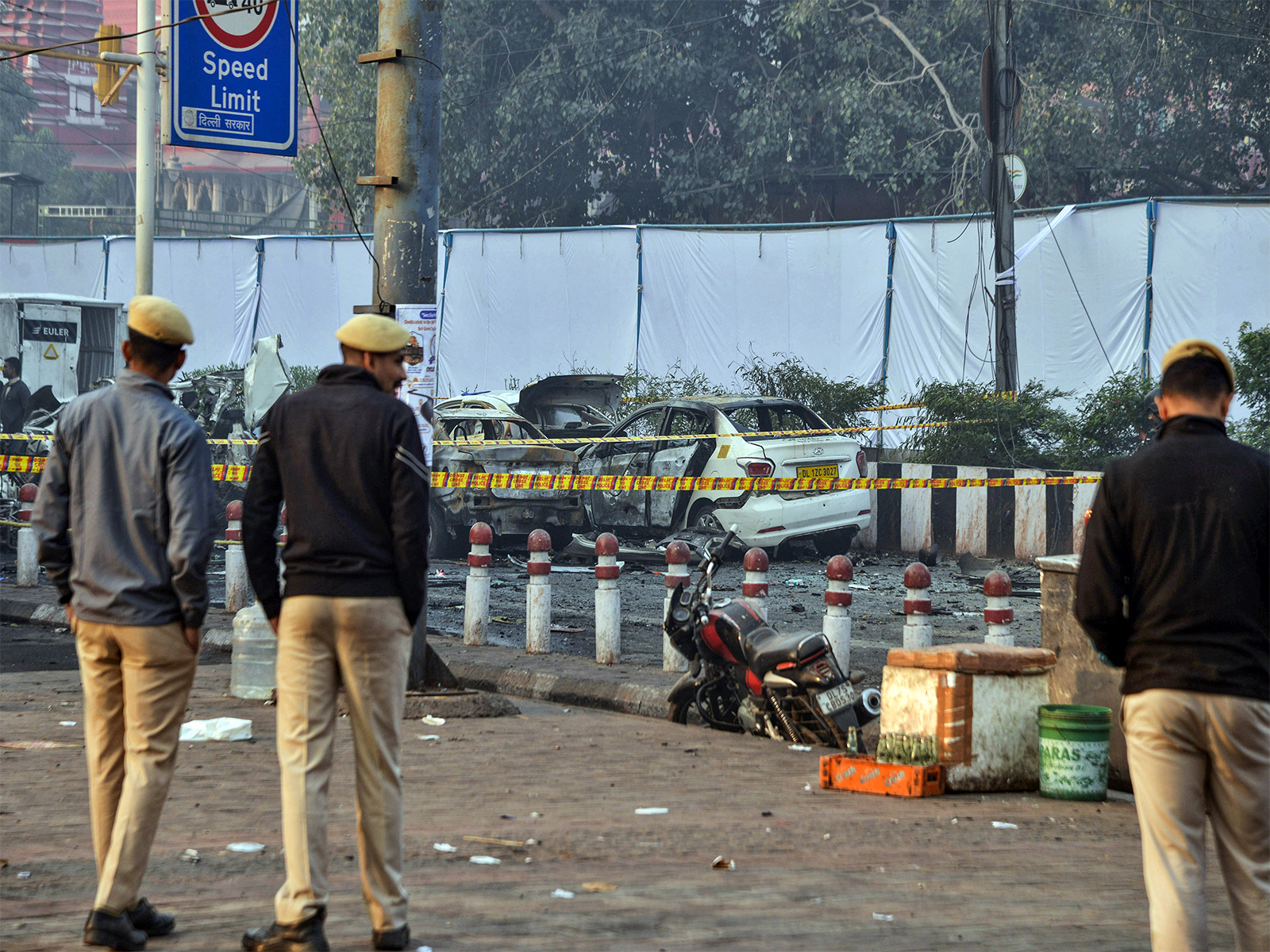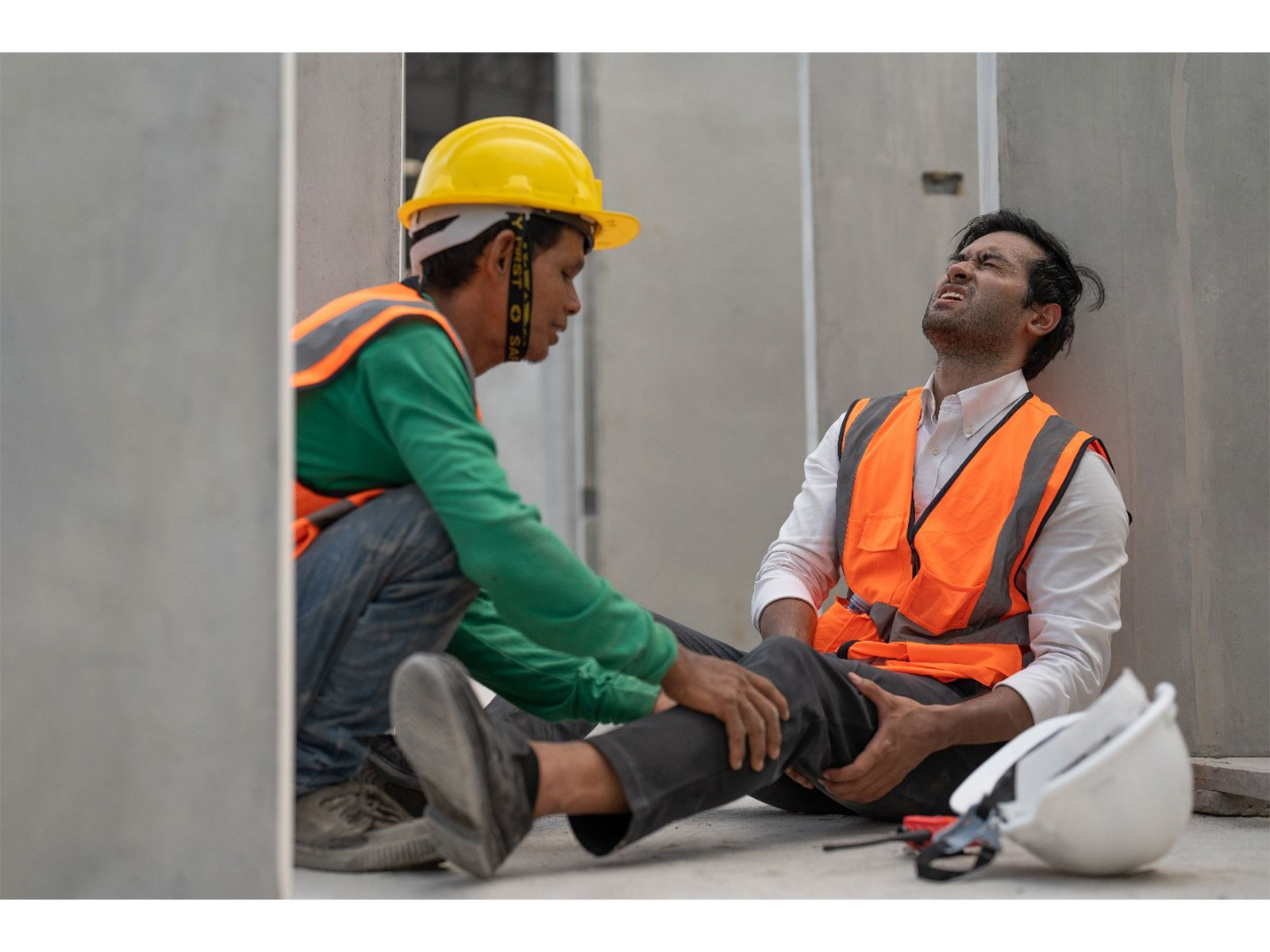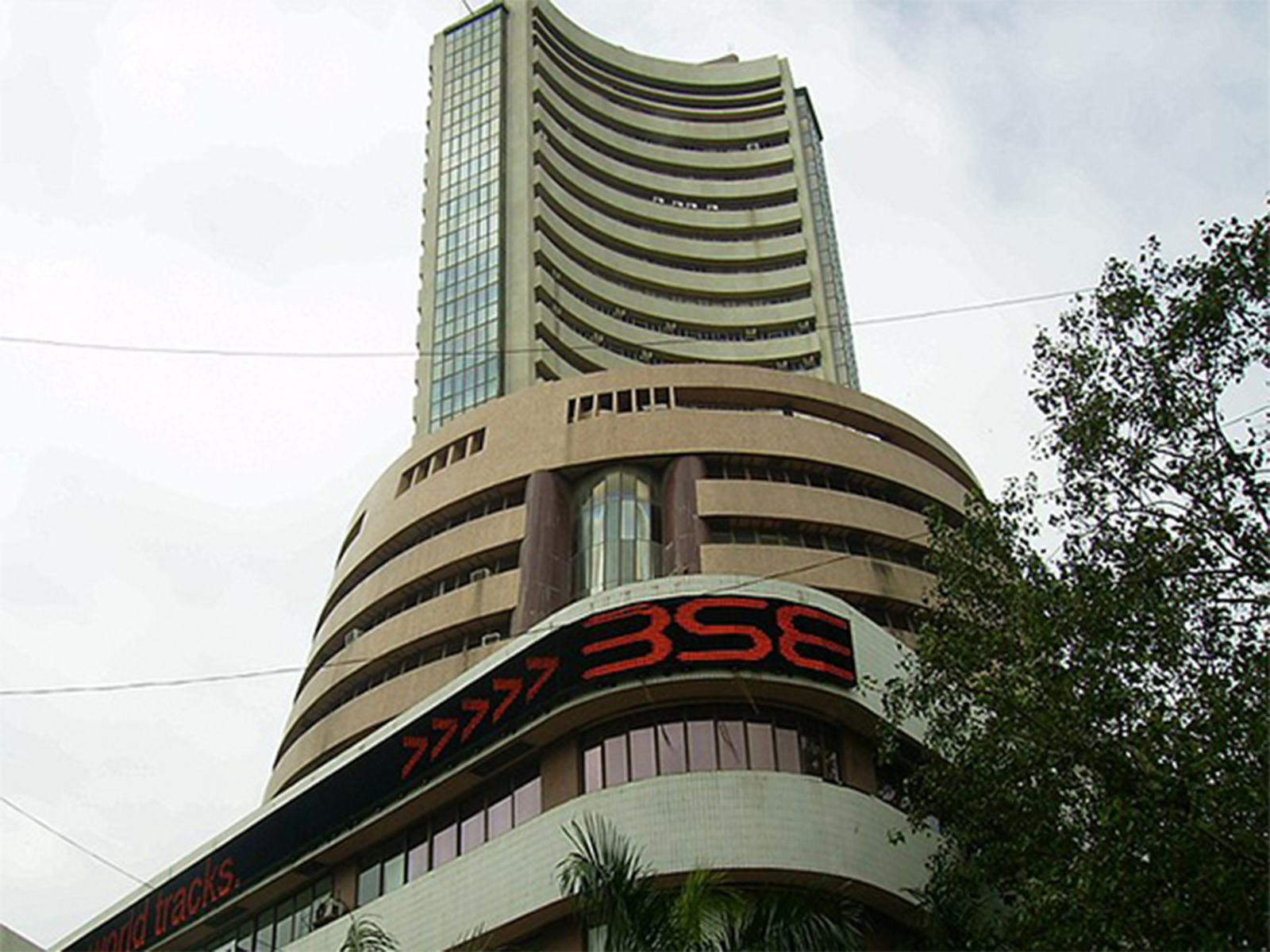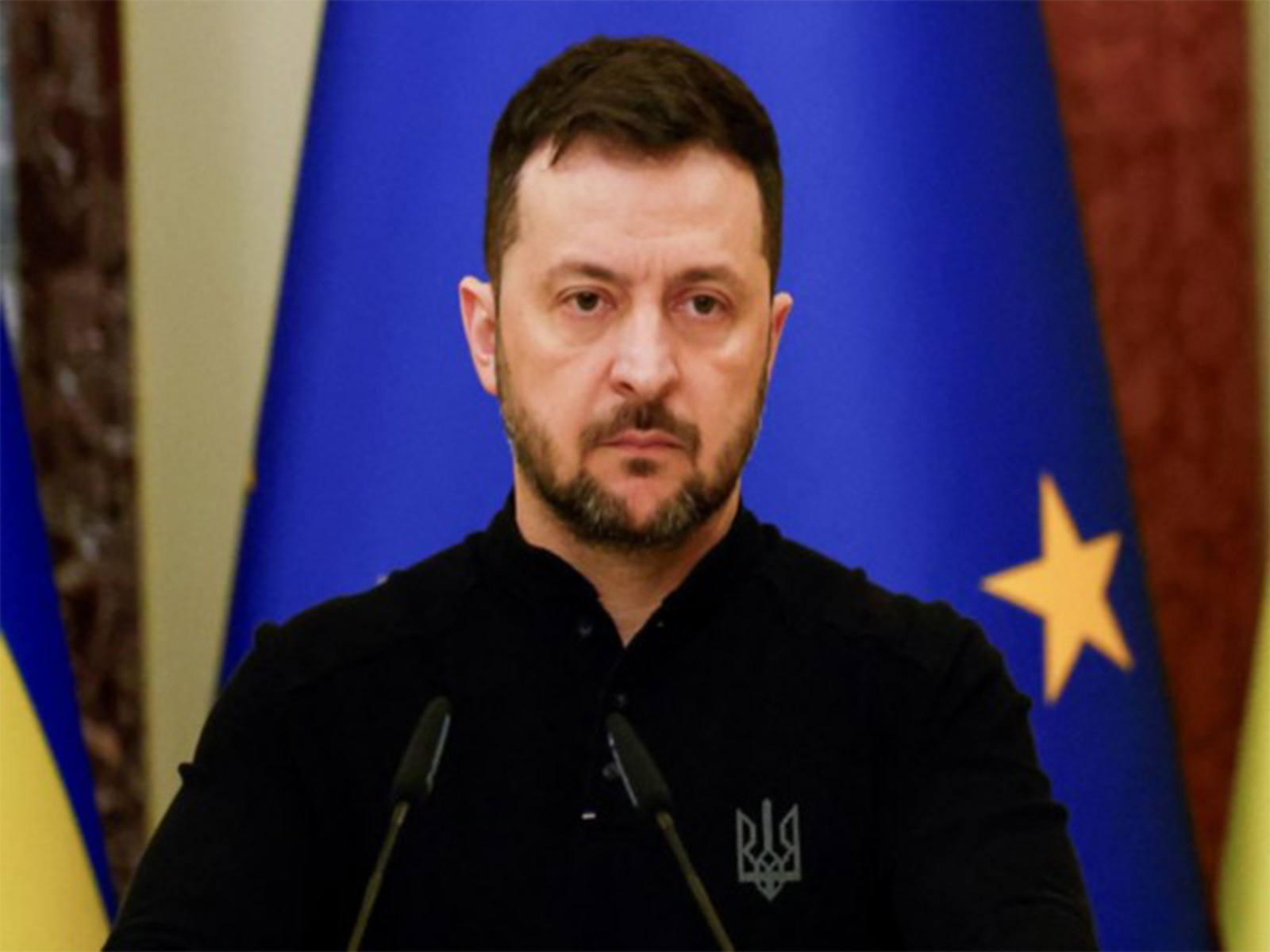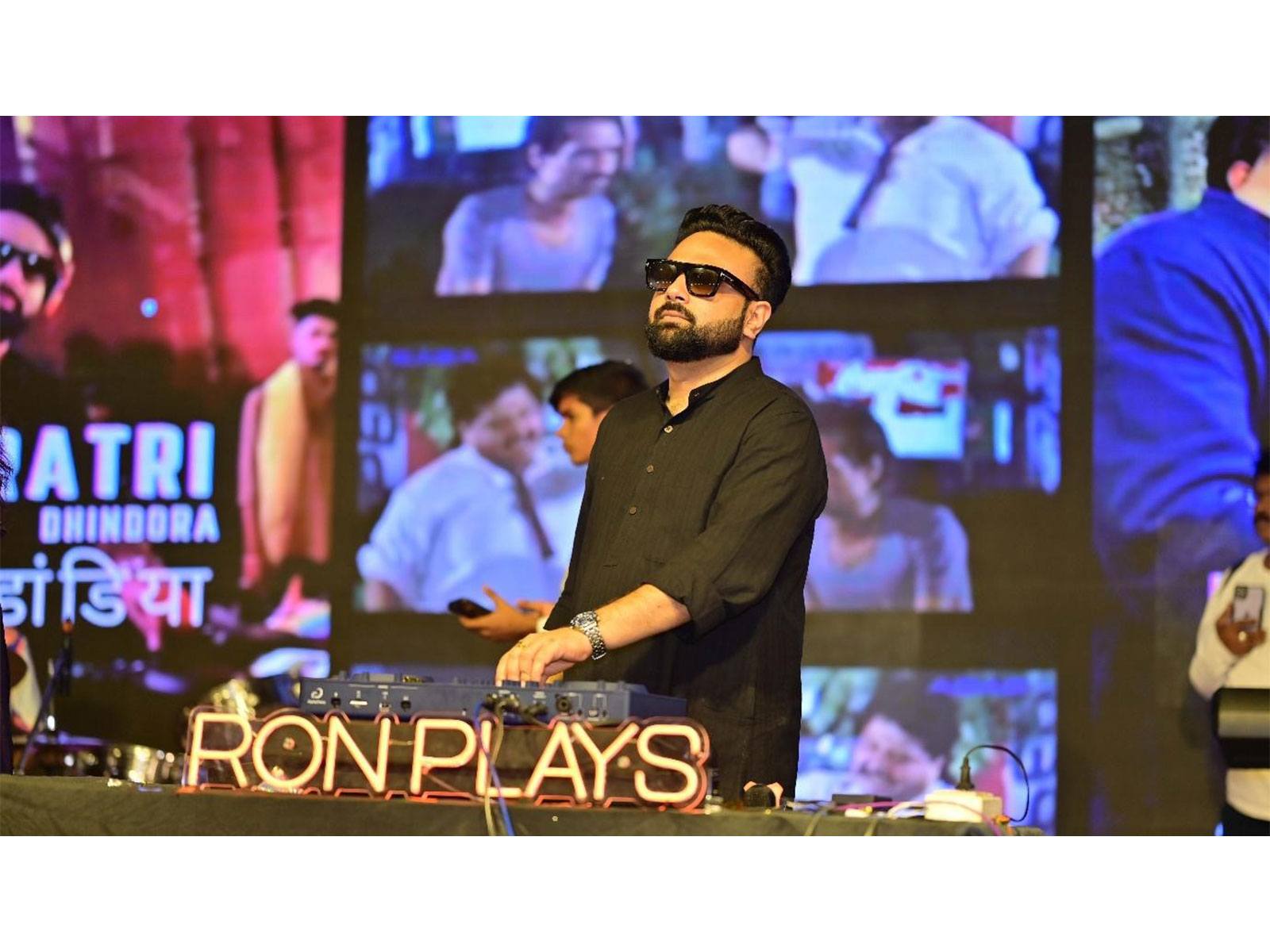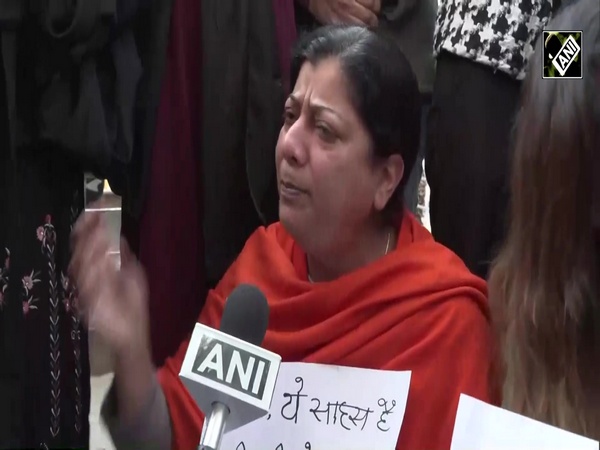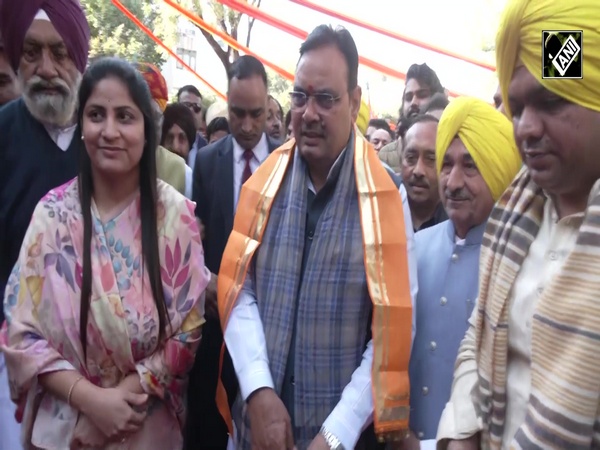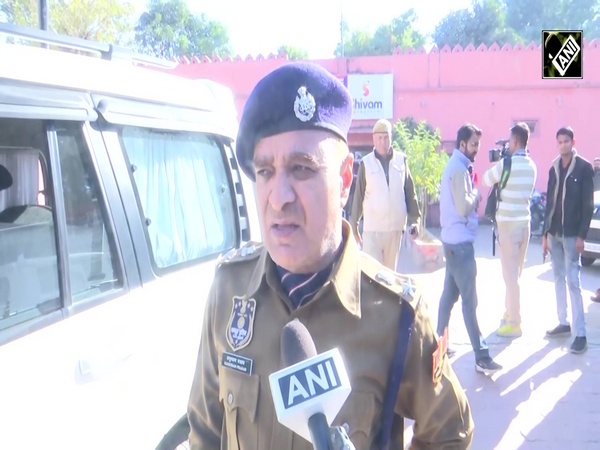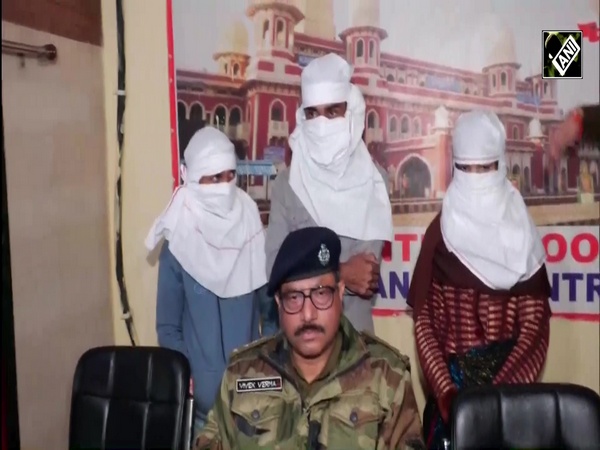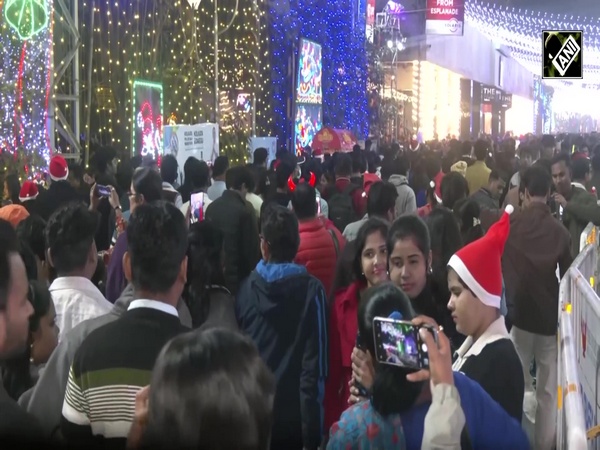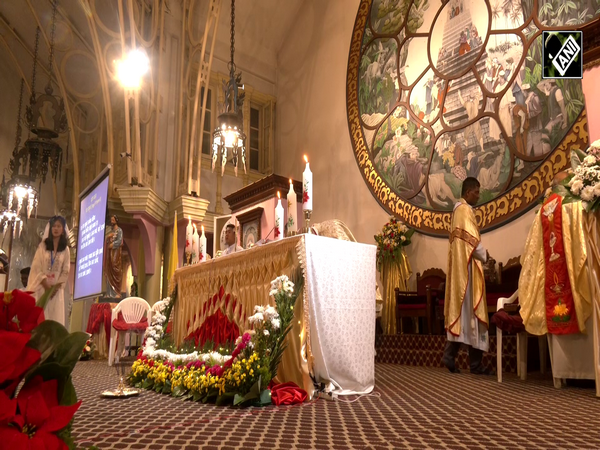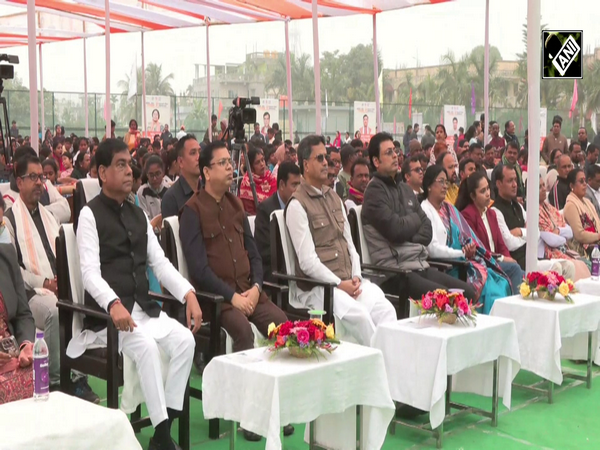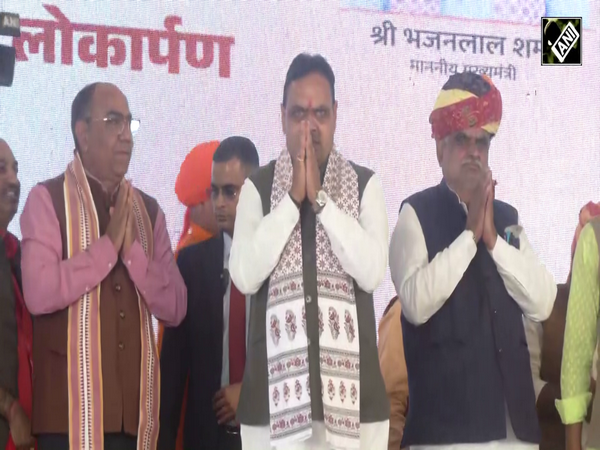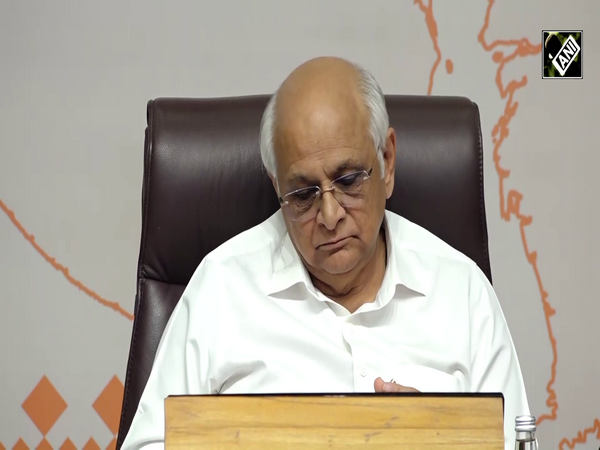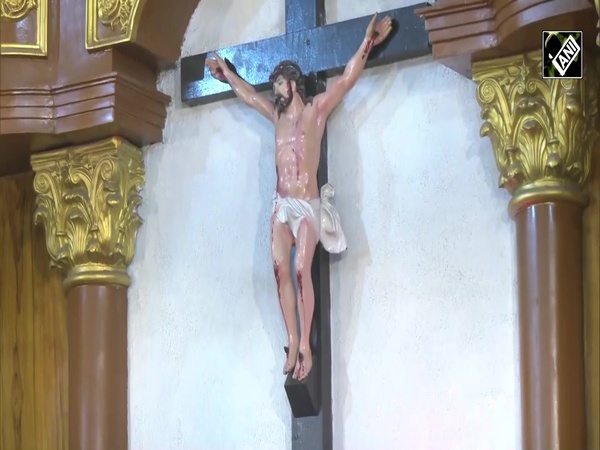Same Sex matter in SC: Delhi's District Court Bar Associations expresses displeasure on day-to-day proceedings
Apr 24, 2023

New Delhi [India], April 24 : The Coordination Committee of All District Court Bar Associations of Delhi on Monday passed a resolution expressing its displeasure on the day-to-day proceedings on a batch of petitions presently examined by the Constitution Bench of Supreme Court pertaining to 'marriage equality rights for LGBTQAI+ community'.
Bar Associations Resolution stated that the issue at hand cannot be adjudged by means of Judicial interpretations because it requires a more extensive consultation process. The issues before the Court require extensive consultation with various stakeholders and affected parties. This process cannot be condensed into a single court case, as it requires ongoing dialogue and collaboration. Therefore, this issue should be referred to parliament, where a more extensive consultation process can take place.
The resolution further added that Marriage and its unexpected issues are blended with the social structure in a manner that touches each and every individual on many levels including cultural, religious, emotional etc. The issue at hand requires a wide consultative process and hence cannot be encompassed within the limited judicial adjudicatory precincts, therefore judicial intervention in the said matter is not advisable on the basis of equity and fairness as well.
There is no gainsaying that the Legislature, while drafting the various laws pertaining to marriage, never envisaged the issue of marriage between the same sexes. Hence, any judicial endeavour to interpret the "legislative intent", when none existed, would be rendered nugatory. It would thus be advisable that any expansion in the contours of provision related to marriage should come through legislative law-
making.
In a democratic setup, the duty of law-making is typically delegated by the electorate to its elected representatives. Thus, the legislature would be best suited to foray into the new arenas of law-making, as per the evolving needs of society. The issue of same-sex marriage and its societal, psychological and medical impacts is at its nascent and experimentative stage and thus should be treated with utmost caution and wide consultation and discussions, the resolution said.
Thus, the regulation and legalization of marriage can only be determined by the legislature through the due legislative process, which involves consultation with all relevant stakeholders as the legislative body reflect the collective wisdom and conscience of the nation and takes into account cultural values, social standards, and other factors that define acceptable human behaviour when making decisions about regulating, permitting, or prohibiting human relationships. It is reiterated that only a competent legislative body possesses the legislative wisdom to enact laws that govern human relationships in a manner that aligns with societal values and national acceptability.
The Bar Council of India (BCI) also on Sunday in its joint meetings with State Bar Councils showed great anxiety and serious concern over a batch of petitions presently examined by the Constitution Bench of the Supreme Court pertaining to 'marriage equality rights for LGBTQAI+ community'.
Bar Council of India Resolution said the Joint meeting is of the unanimous opinion that in view of the sensitivity of the issue of same-sex marriage, having a spectrum of stakeholders from the diverse socio-religious background, it is advisable that this is dealt with after an elaborative consultation process involving different social, religious groups by the competent legislature.
The Constitution Bench comprising the Chief Justice, Justice Sanjay Kishan Kaul, Justice Ravindra Bhat, Justice Hima Kohli and Justice PS Narasimha is dealing with a batch of petitions pertaining to 'marriage equality rights for the LGBTQI+ community'.
The Constitution Bench started hearing the petitions on April 18.
Various petitions are being dealt with by Supreme Court seeking legal recognition of same-sex marriage. The Centre has opposed the petitions. One of the petitions earlier raised the absence of a legal framework which allowed members of the LGBTQ+ community to marry any person of their choice.
According to the petition, the couple sought to enforce the fundamental rights of LGBTQ+ individuals to marry any person of their choice and said, "The exercise of which ought to be insulated from the disdain of legislative and popular majorities".
The petitioners, further, asserted their fundamental right to marry each other and prayed for appropriate directions from this Court allowing and enabling them to do so.
